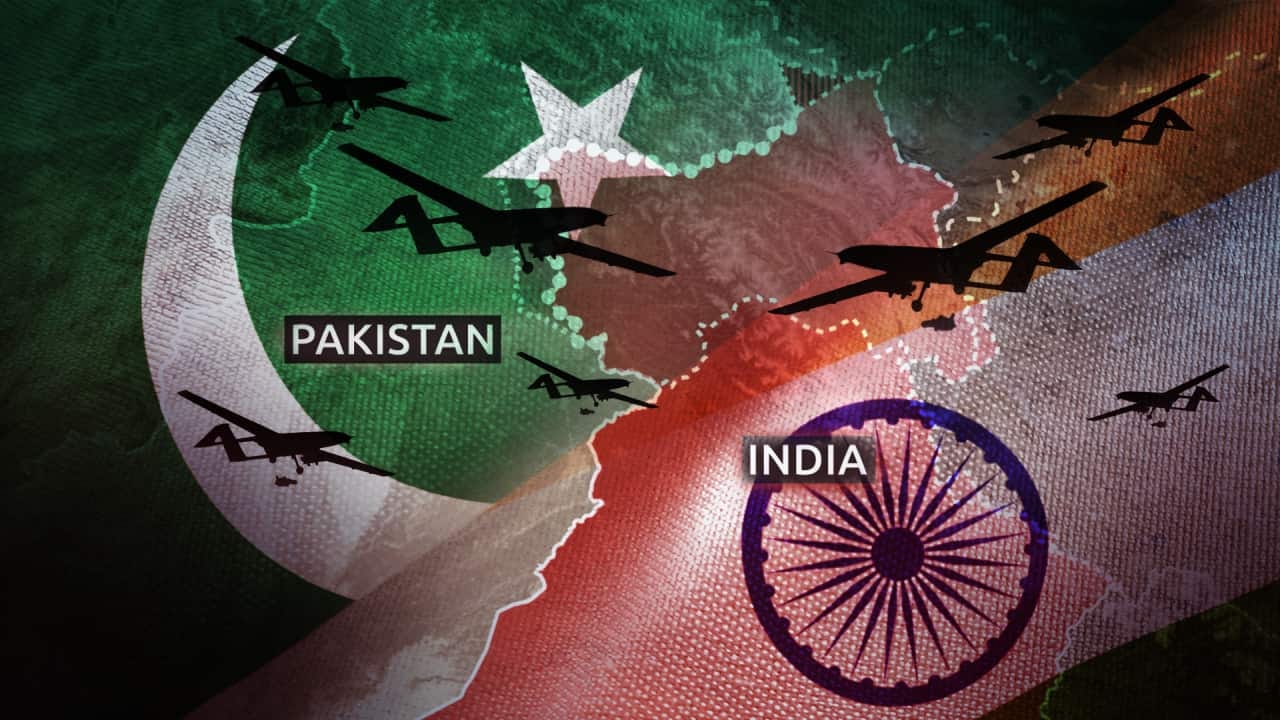
Murray Hunter
Ceasefire between India and Pakistan: A crucial step toward lasting peace or a temporary pause?
P Ramasamy
May 11, 2025

The recent ceasefire agreement between India and Pakistan, brokered by key international stakeholders including the United States, has brought a temporary halt to an alarming escalation in military hostilities between the two nuclear-armed neighbors. While both countries’ military leadership has agreed to observe the ceasefire, it is widely acknowledged that minor violations may continue along the Line of Control (LoC).
This latest round of hostilities was triggered by a brutal terrorist attack in Pahalgam, Jammu and Kashmir, which left 26 civilians—mostly Hindus—dead. The incident, believed to have been orchestrated by Pakistan-based terrorist groups, prompted India to carry out targeted aerial strikes on nine terror camps located within Pakistan and Pakistan-administered Kashmir (PoK). These strikes were described as a necessary and proportionate response to ongoing state-sponsored terrorism against Indian civilians.
Pakistan retaliated with drone attacks targeting locations in Kashmir and western India. However, these efforts were reportedly neutralized by India’s superior air defense systems, preventing further escalation in civilian and military casualties.
As the conflict intensified and began to involve strategic military targets, the risk of a full-scale war loomed large. The international community, alarmed by the possibility of a catastrophic nuclear confrontation, stepped in. According to reliable sources, U.S. President Donald Trump played a key role in brokering the ceasefire, engaging with the leadership and armed forces of both nations to de-escalate the crisis.
The ceasefire, which officially came into force earlier this week, has temporarily averted the risk of wider conflict. On May 12, representatives from both countries are scheduled to meet to discuss an extension of the ceasefire and, more importantly, to address the root causes of the conflict—chief among them being Pakistan’s continued support for cross-border terrorism in India.
India’s position in this conflict has been clear: it seeks not territorial expansion or political dominance, but the cessation of terrorist activities emanating from across the border. Despite significant military and economic strength, India remains committed to upholding the territorial integrity of its sovereign borders, including Jammu and Kashmir, which remains an integral part of the Union.
The origins of this conflict lie not just in territorial disputes, but in the broader historical context of Partition. Pakistan emerged from the division of British India in 1947 and has, since its inception, struggled to reconcile itself with the political realities of Jammu and Kashmir’s accession to India. Unable to achieve its objectives through conventional military means, Pakistan has increasingly turned to asymmetric warfare and the sponsorship of terror groups.
The current ceasefire presents a critical opportunity. If Pakistan truly seeks peace and regional stability, it must take verifiable steps to dismantle terror infrastructure on its soil and end its support for insurgent activities in Indian territory. Failing this, the peace achieved today may prove ephemeral, and the subcontinent could once again descend into conflict.
While I welcome the ceasefire and the efforts of the international community in facilitating it, the true test lies ahead. Lasting peace can only be achieved when the foundational issues—particularly cross-border terrorism—are addressed in earnest. Without this, peace in South Asia will remain elusive, haunted by the ghosts of past wars and the threat of future ones.
No comments:
Post a Comment